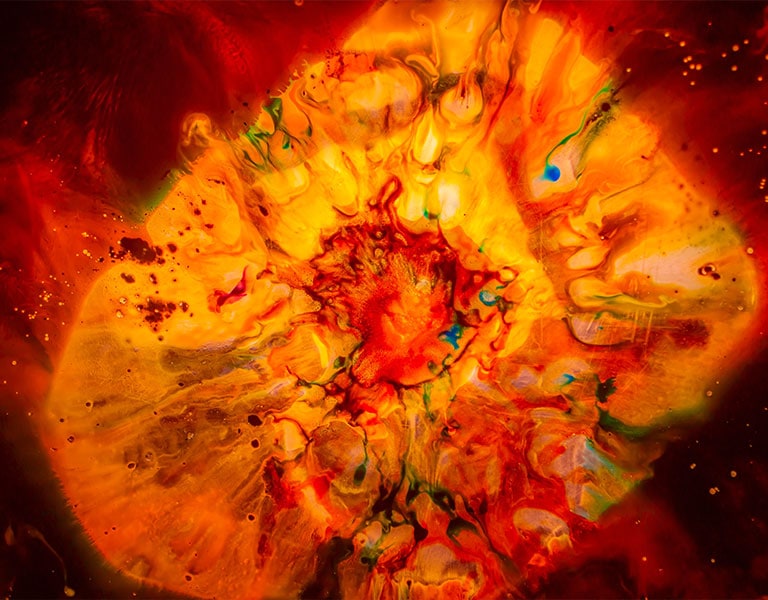
Out of all of the parasomnias, Exploding Head Syndrome is one that I haven't ever seen in clinic. Imagine my delight when I heard that my colleague, Dr. Boota, made this diagnosis a few years ago.
According to the AASM website sleepeducation.org, this is a parasomnia that consists of a loud, imaginary noise that happens as you fall asleep or in the middle of the night, waking you from sleep. It is frightening but usually painless. Some people describe a flash of light. In my 15 years of practice after fellowship, I have never encountered it.
Dr. Boota tells me the story of a patient of his with sleep apnea who woke up abruptly one night during what he thought was a thunderstorm. As the cobwebs cleared, he realized that there was no storm. He saw his PCP who referred him to a neurologist. He happened to see Dr. Boota as part of his yearly CPAP follow up and mentioned this phenomenon to him which, by then, had happened two or three times. It was accompanied by limb movements and the patient was worried that they represented something more sinister. After talking about his symptoms more, Dr. Boota felt that his patient was experiencing hypnic jerks, restless legs syndrome, periodic limb movements of sleep, and exploding head syndrome (EHS).
He provided some education and reassurance to the patient. He switched him from straight CPAP to auto-titrating PAP. He did an oximetry on PAP which was normal. He added low dose gabapentin for the limb movements and RLS symptoms. The limb movements improved as did the uncomfortable sensations in his legs. The patient indicated that he was comfortable with the diagnosis of EHS and was able to stay calm the next time it happened. Dr. Boota sees him once or twice a year and he is doing well.
It is important to exclude other causes such as other medical conditions, medications, or mental health disorders before making this diagnosis. In sleep medicine circles, it is something that is read about but rarely seen. In my casual survey of sleep medicine colleagues, none had ever diagnosed it before. Hats off to Dr. Boota for making this diagnosis and sharing his experience with the rest of us.

